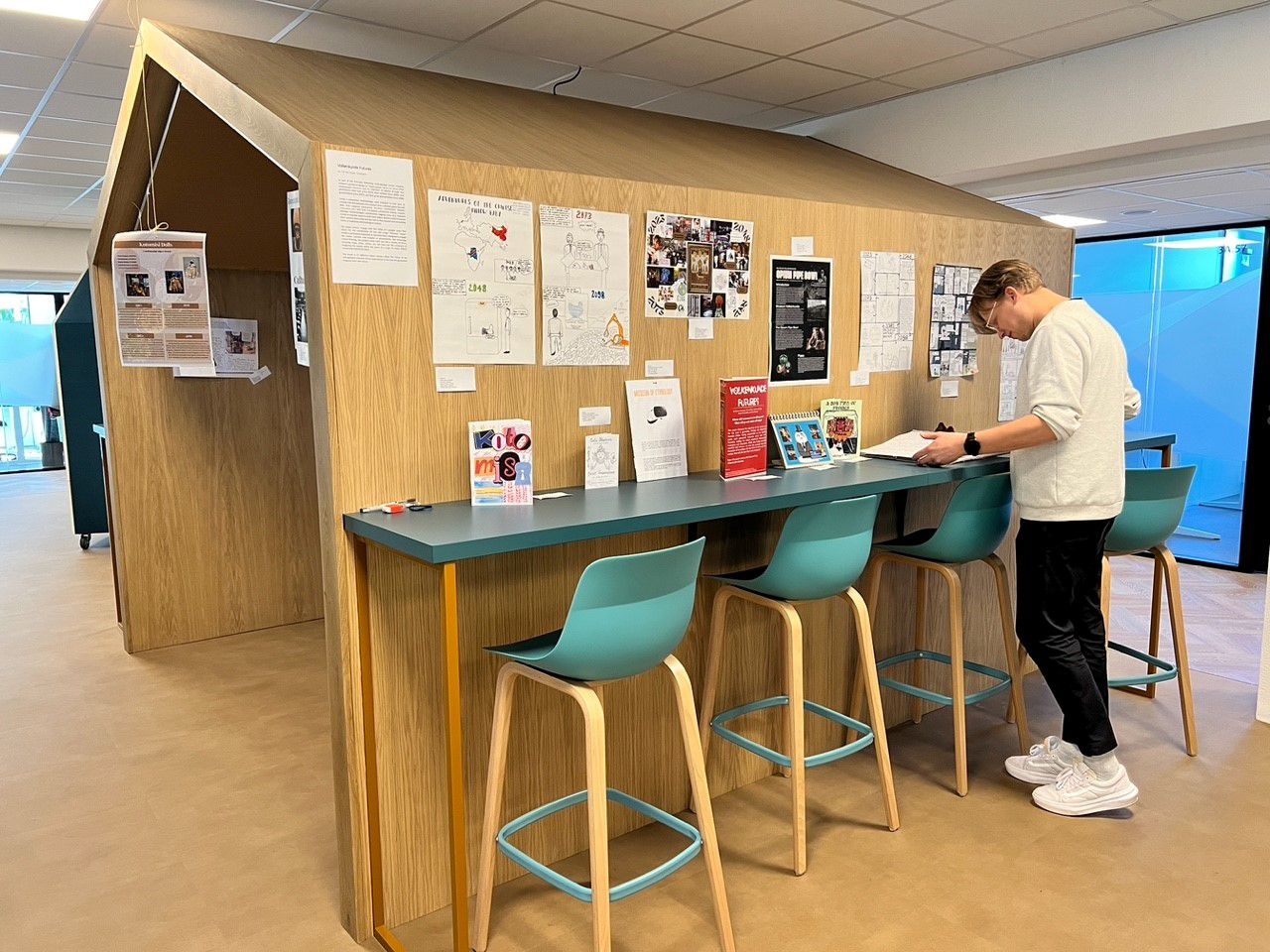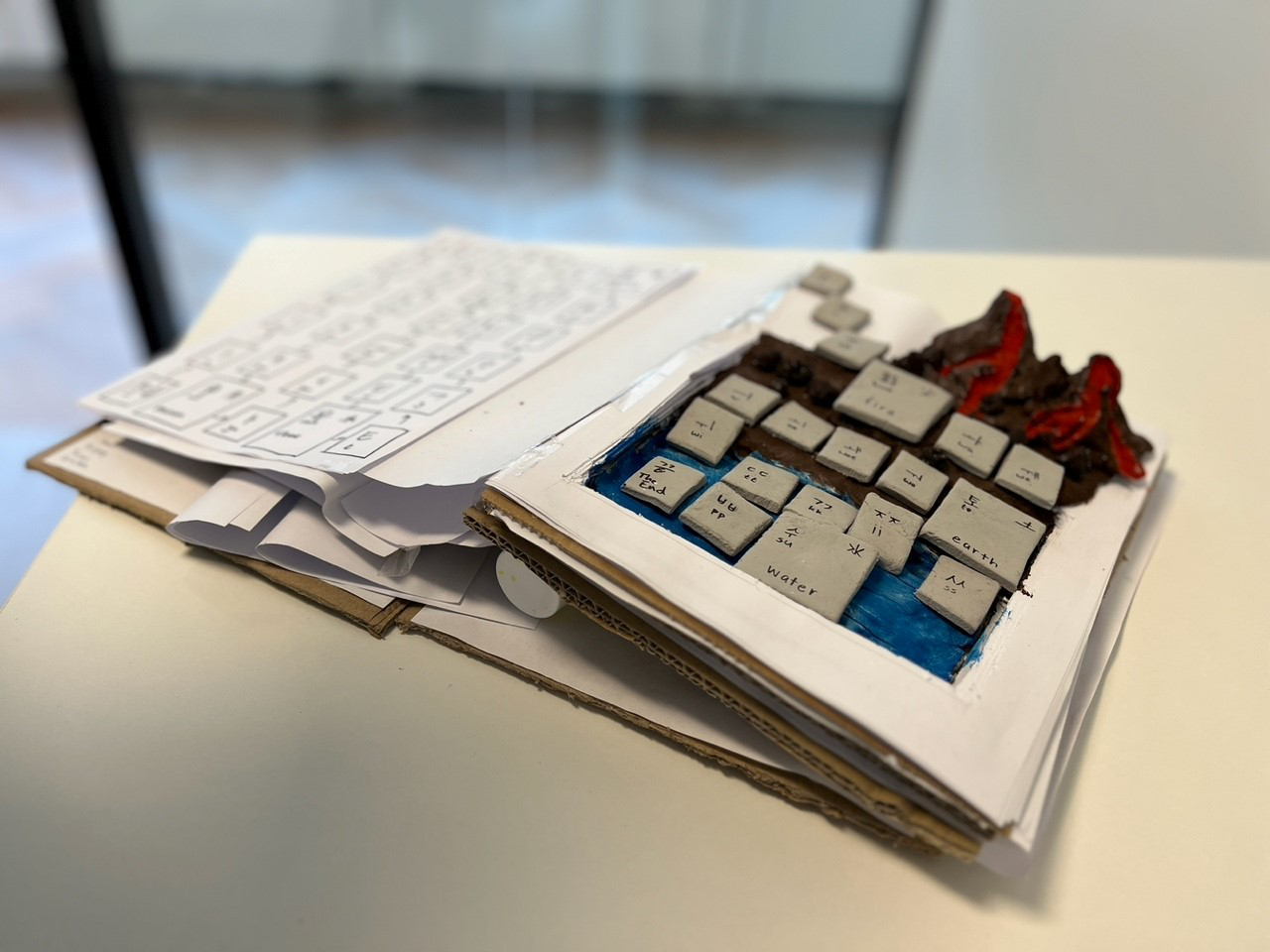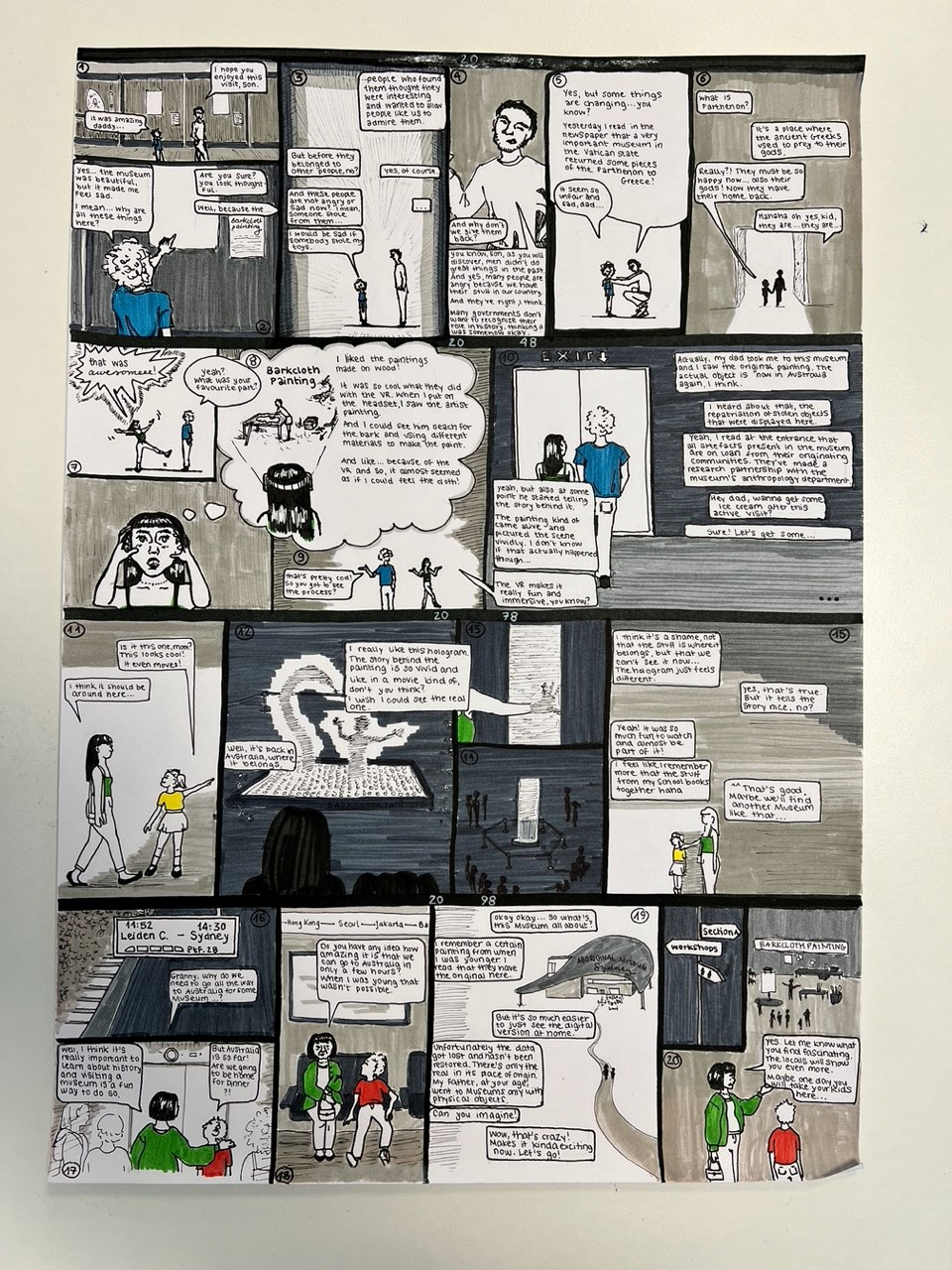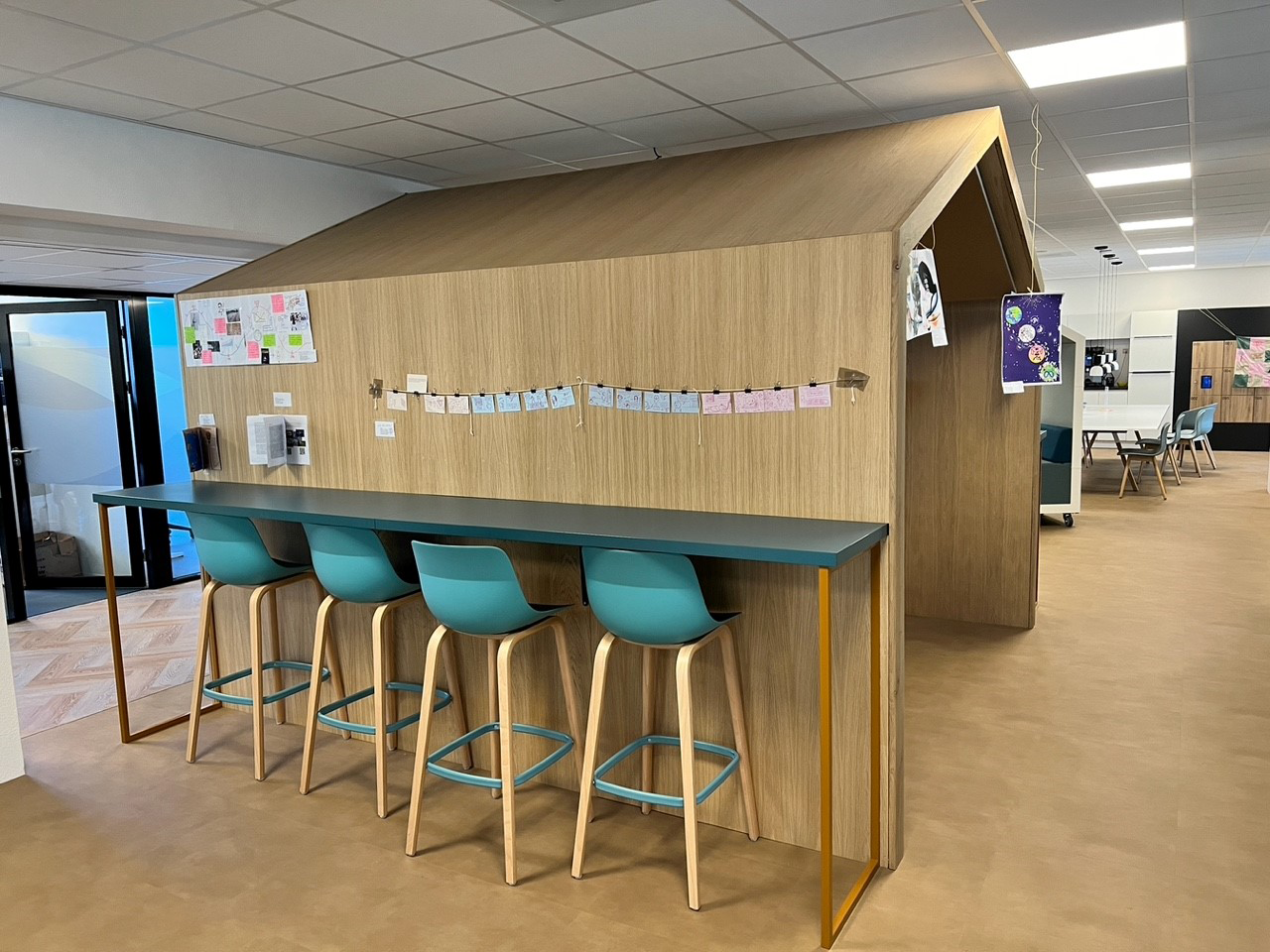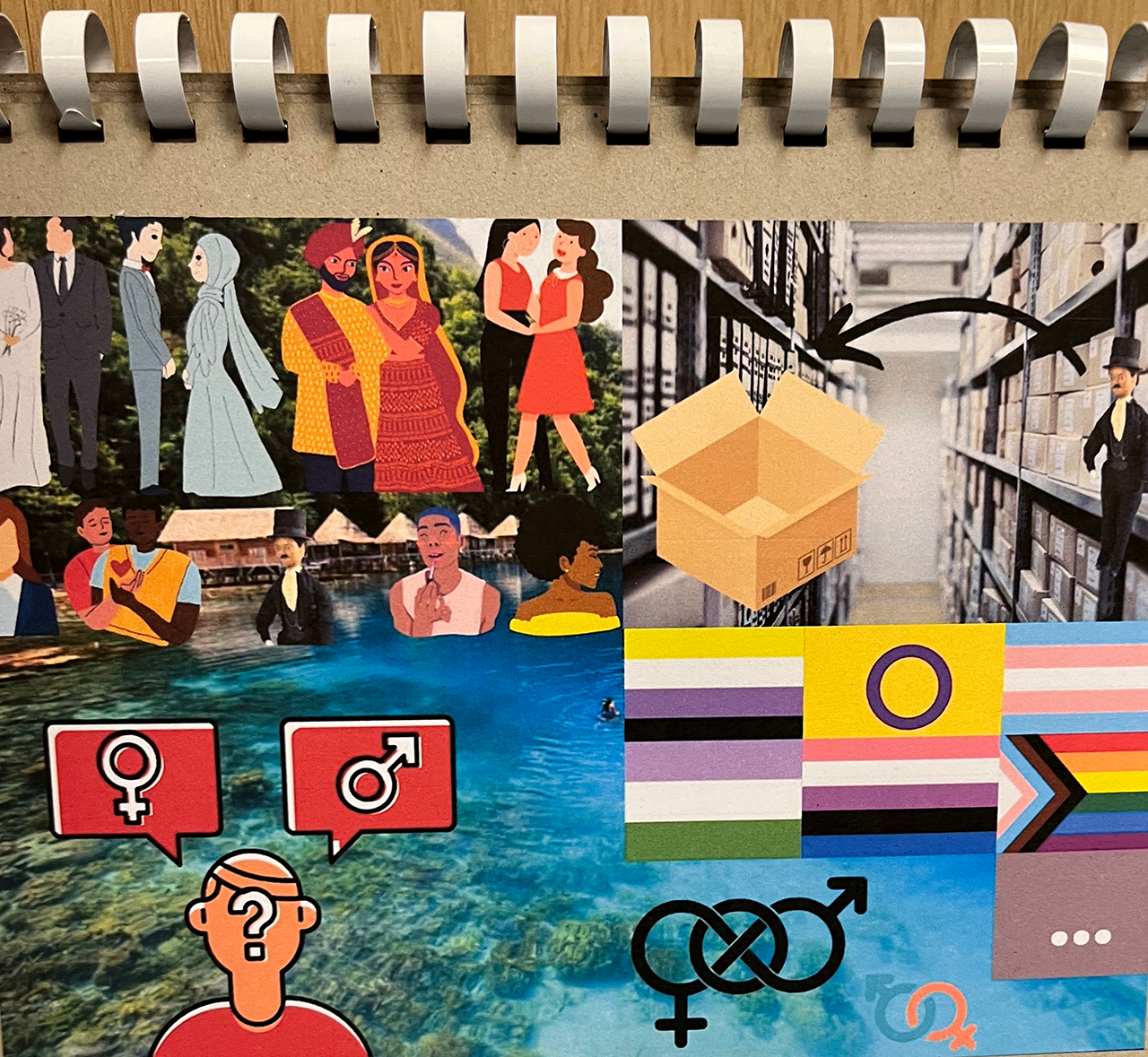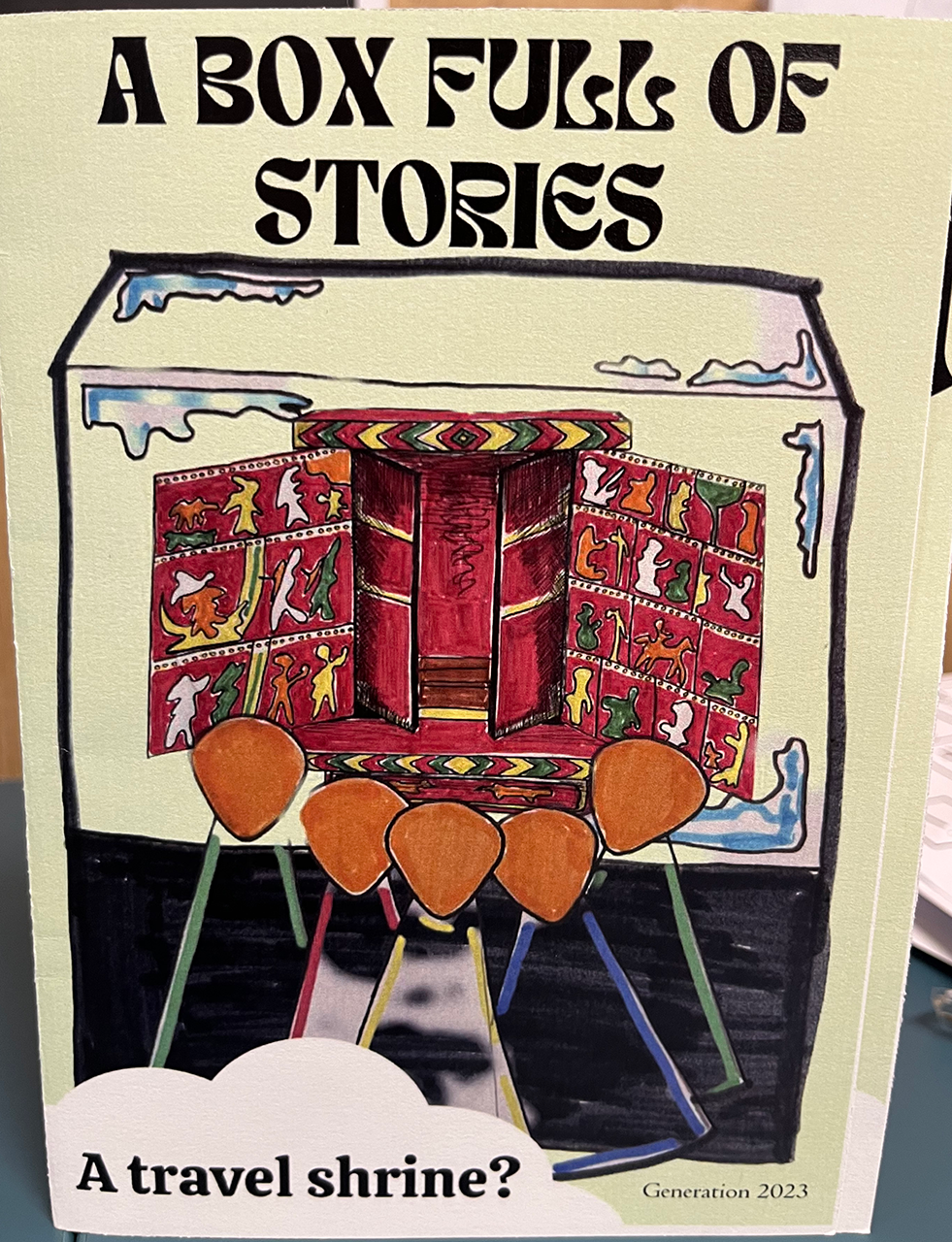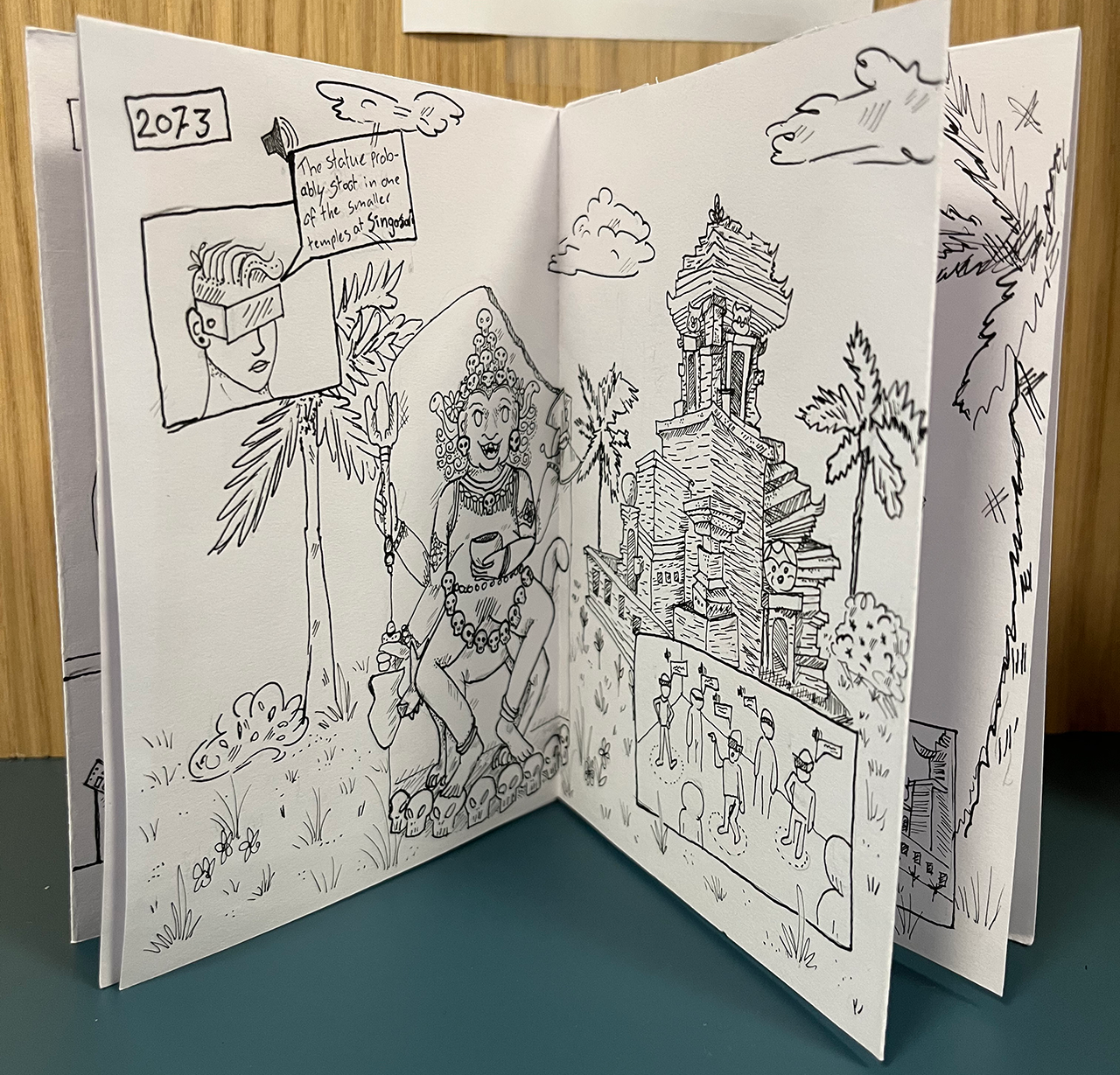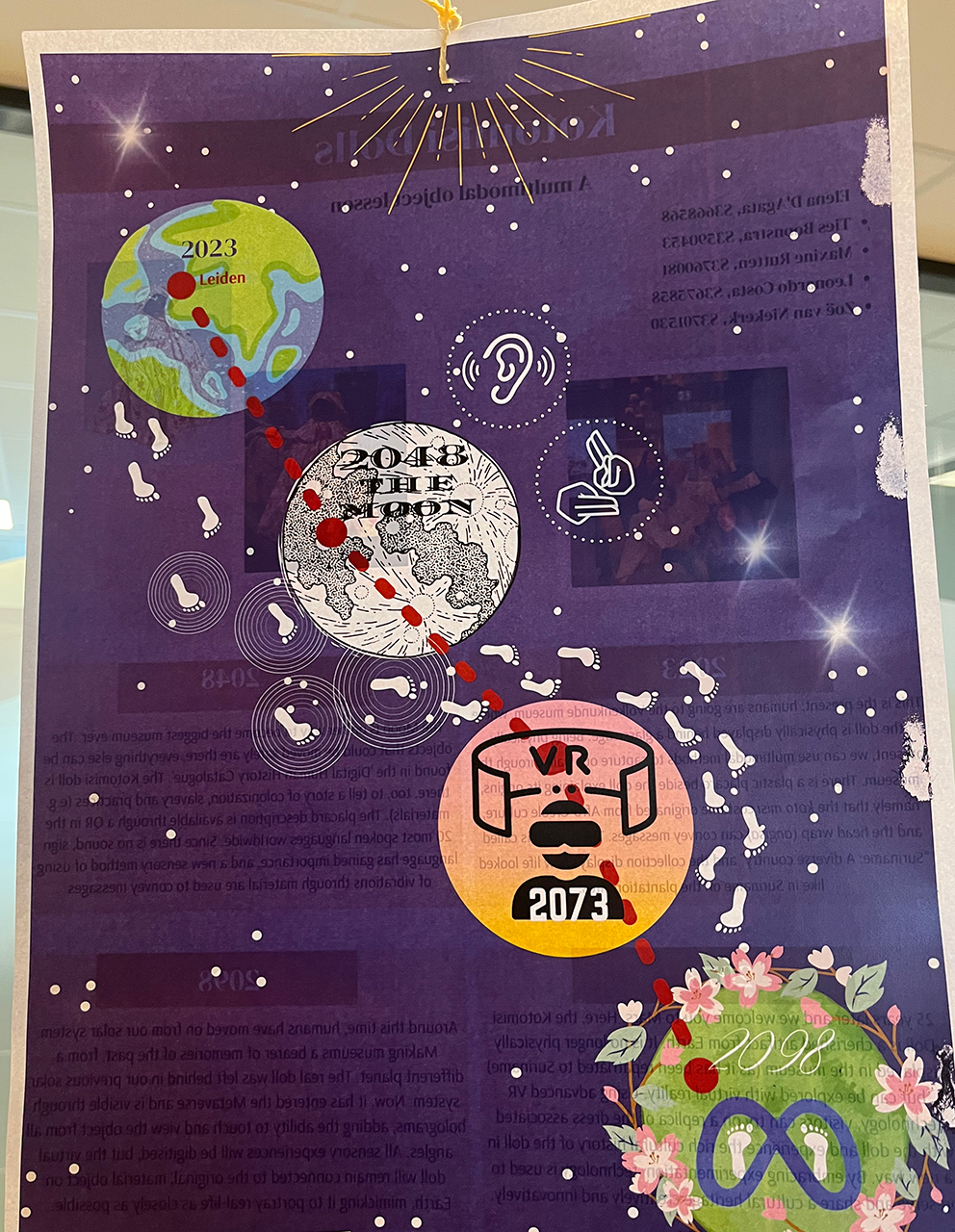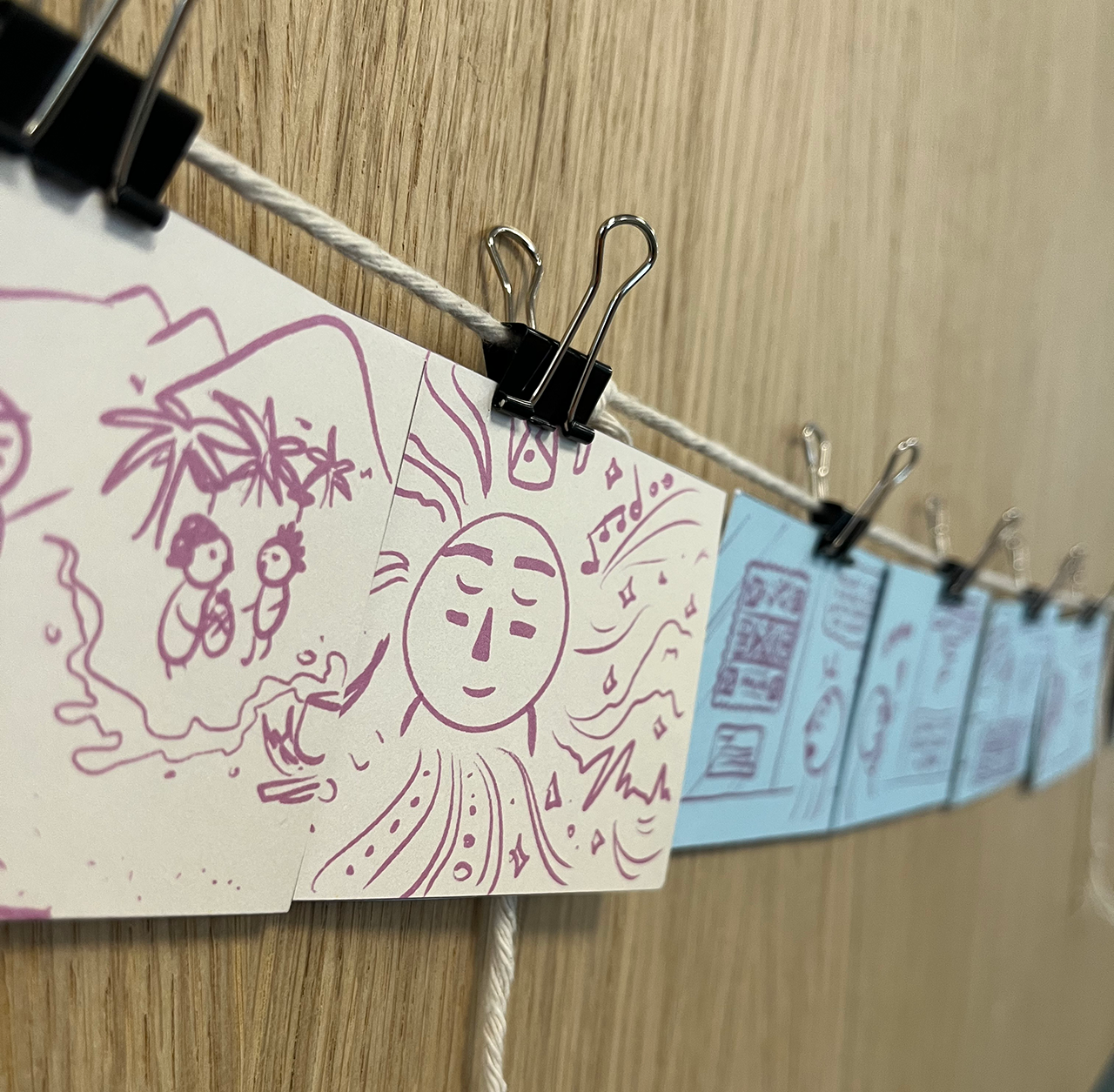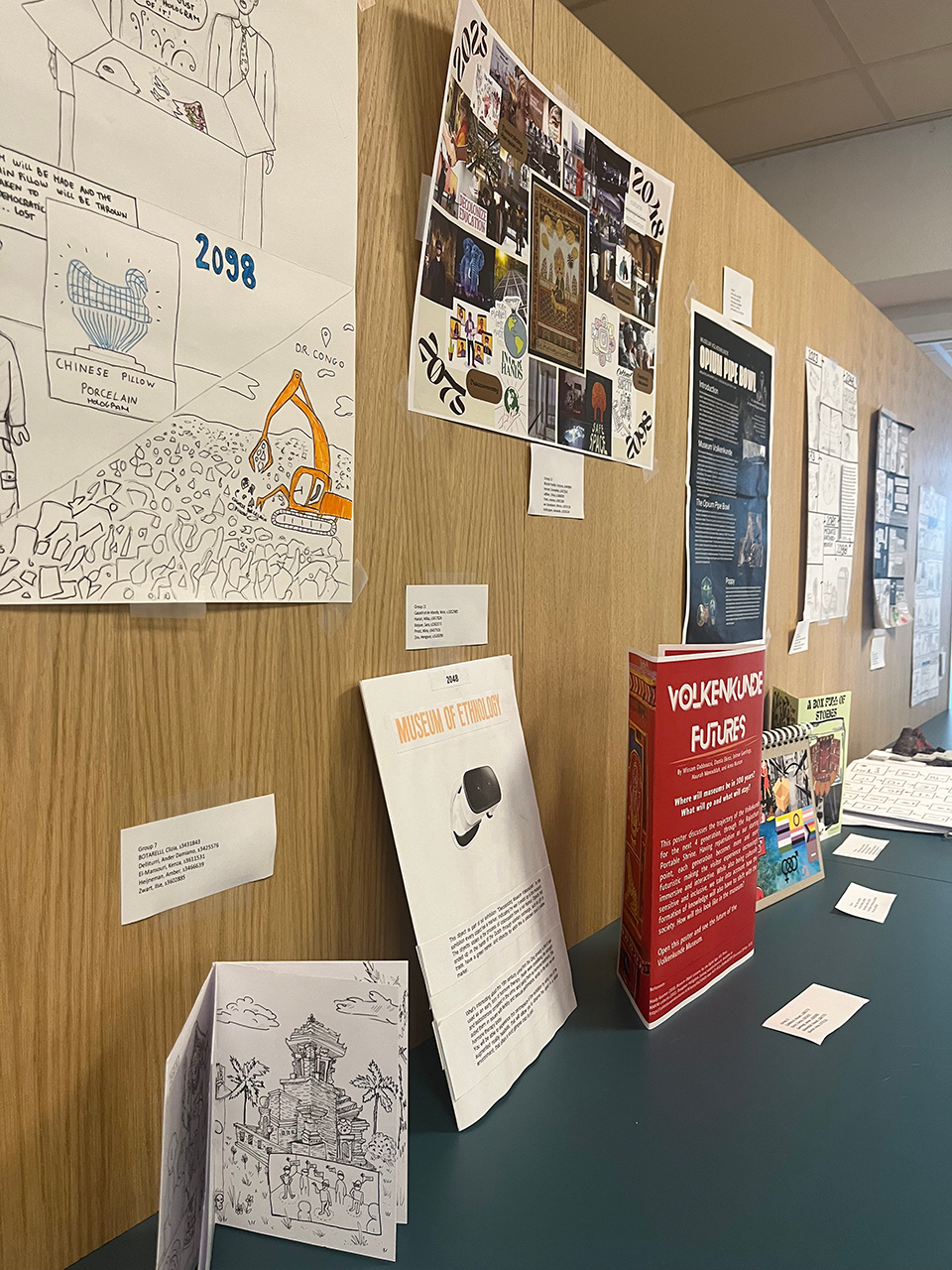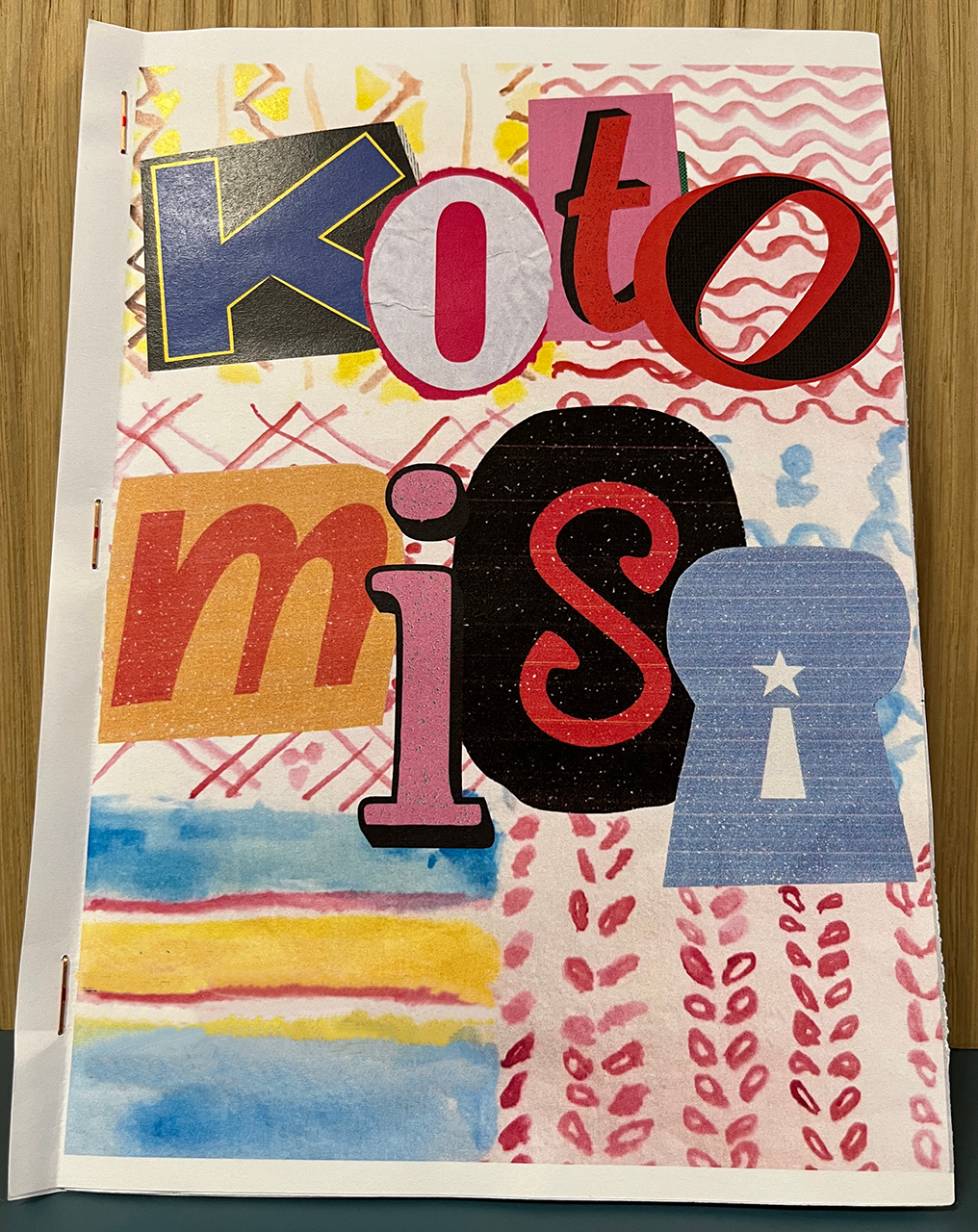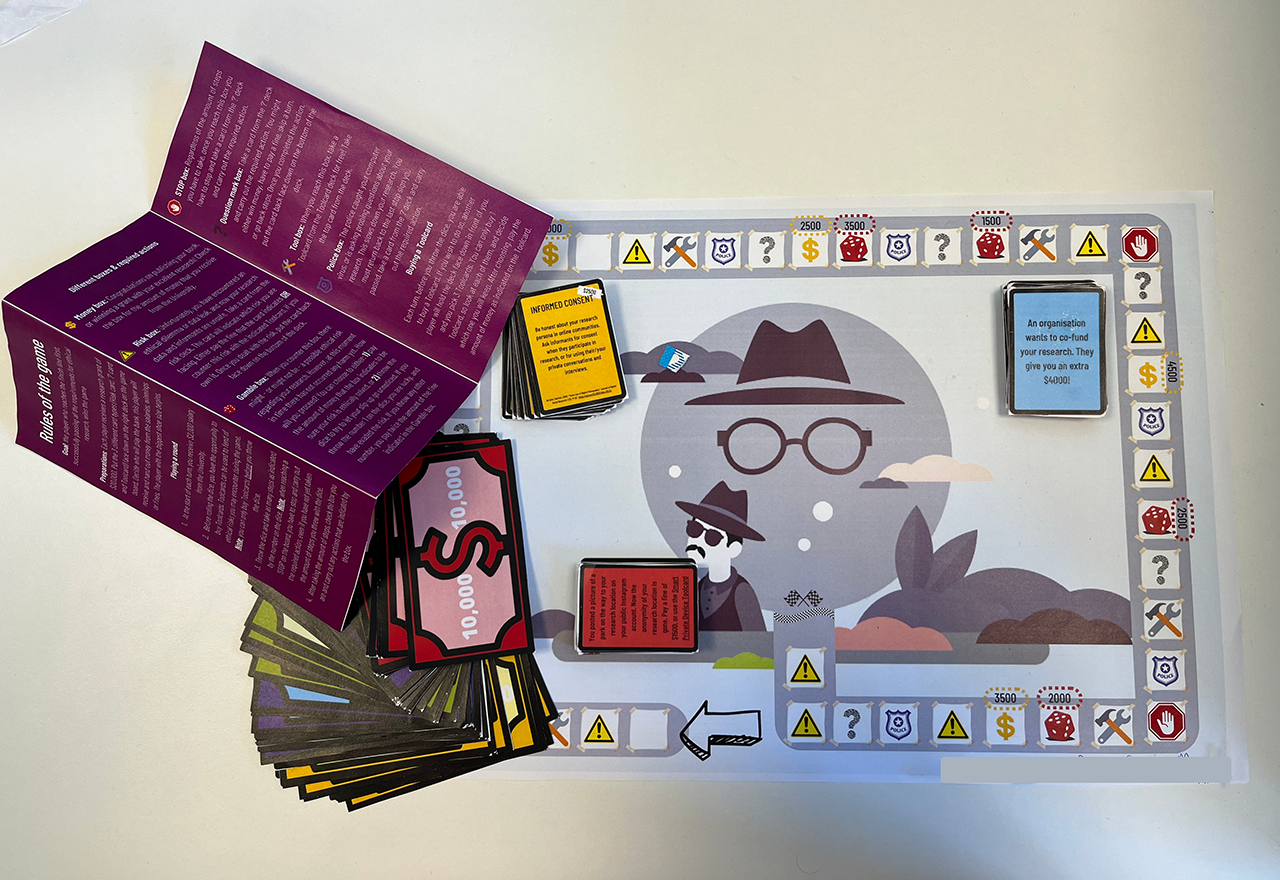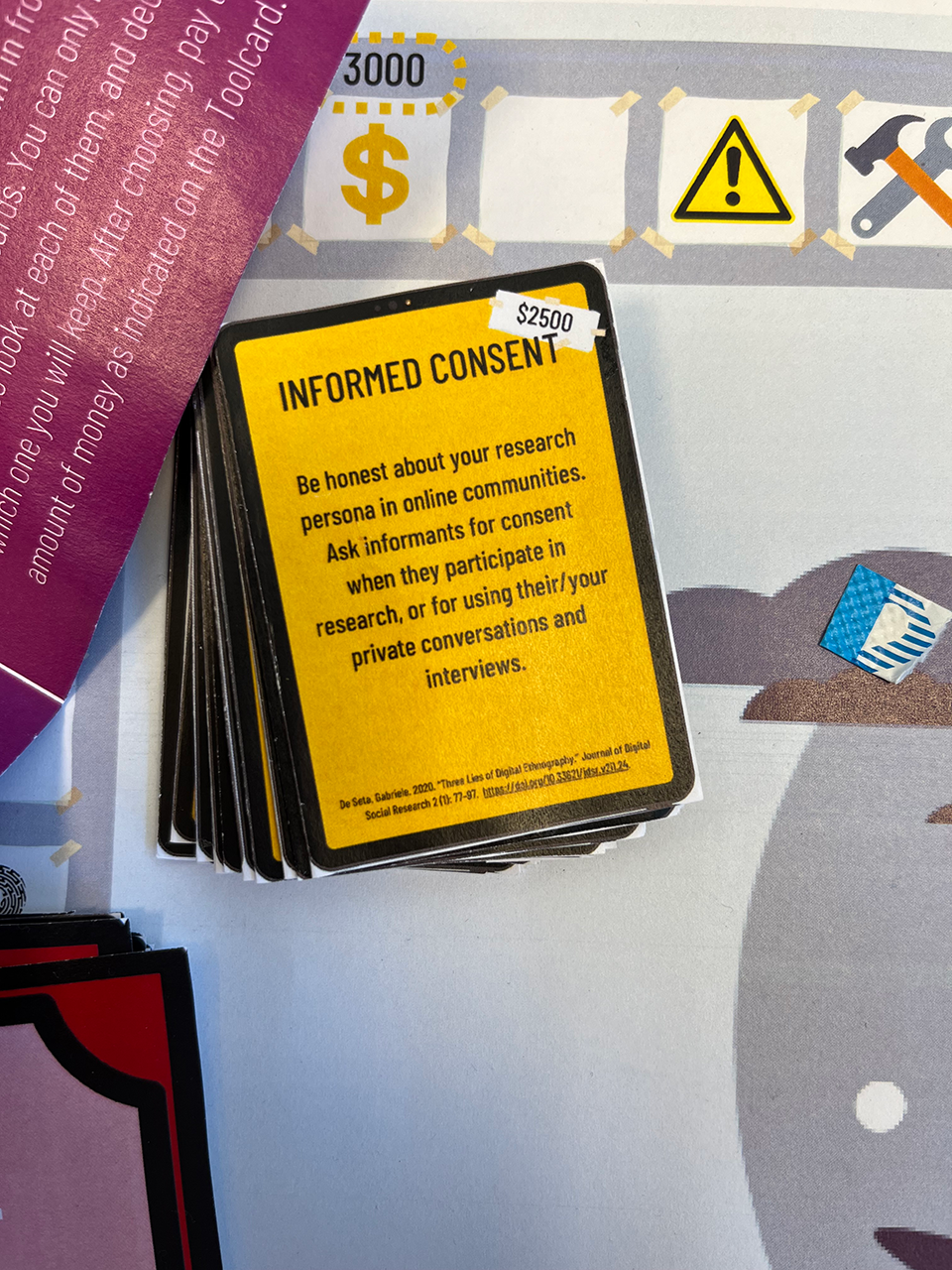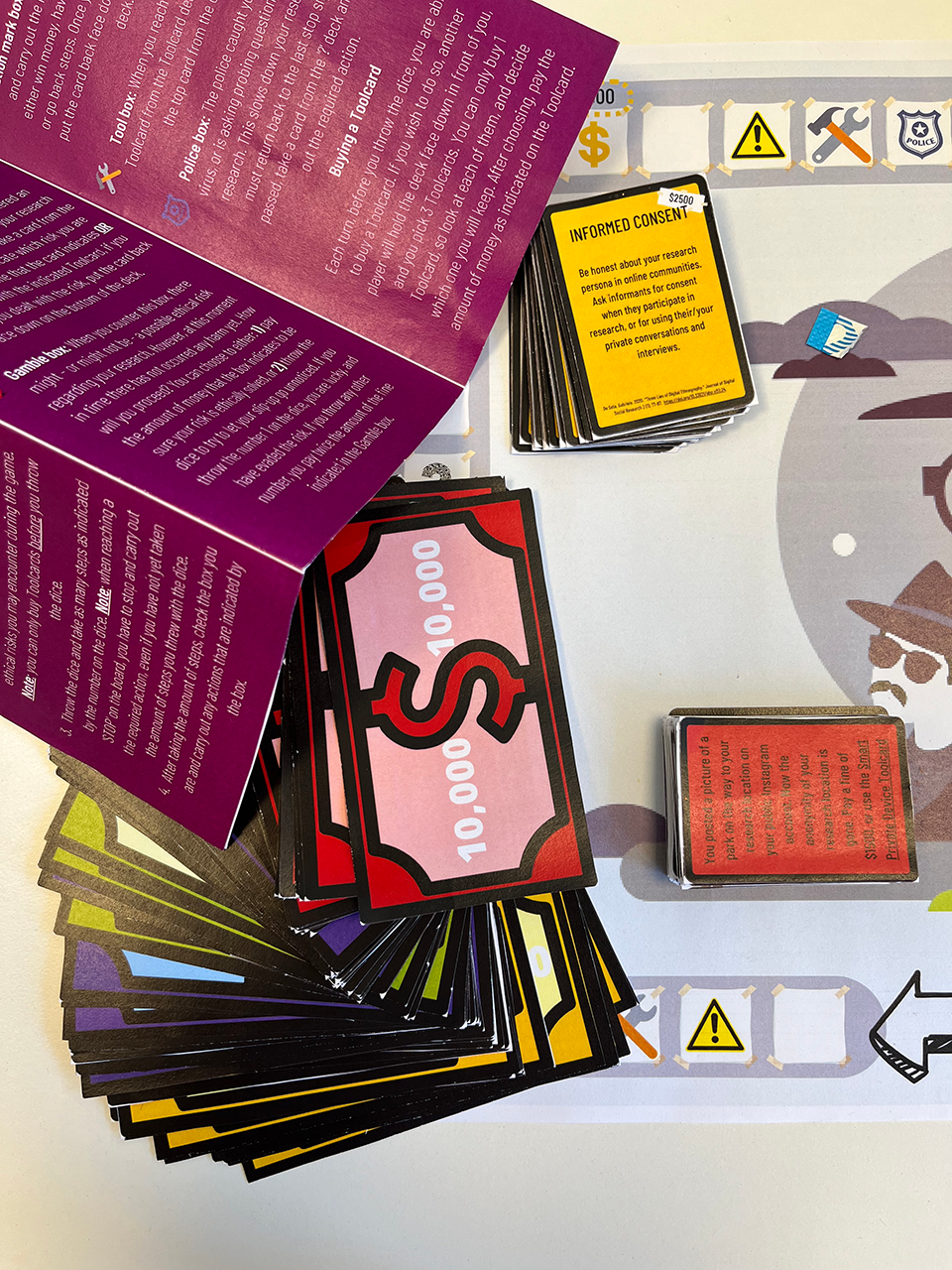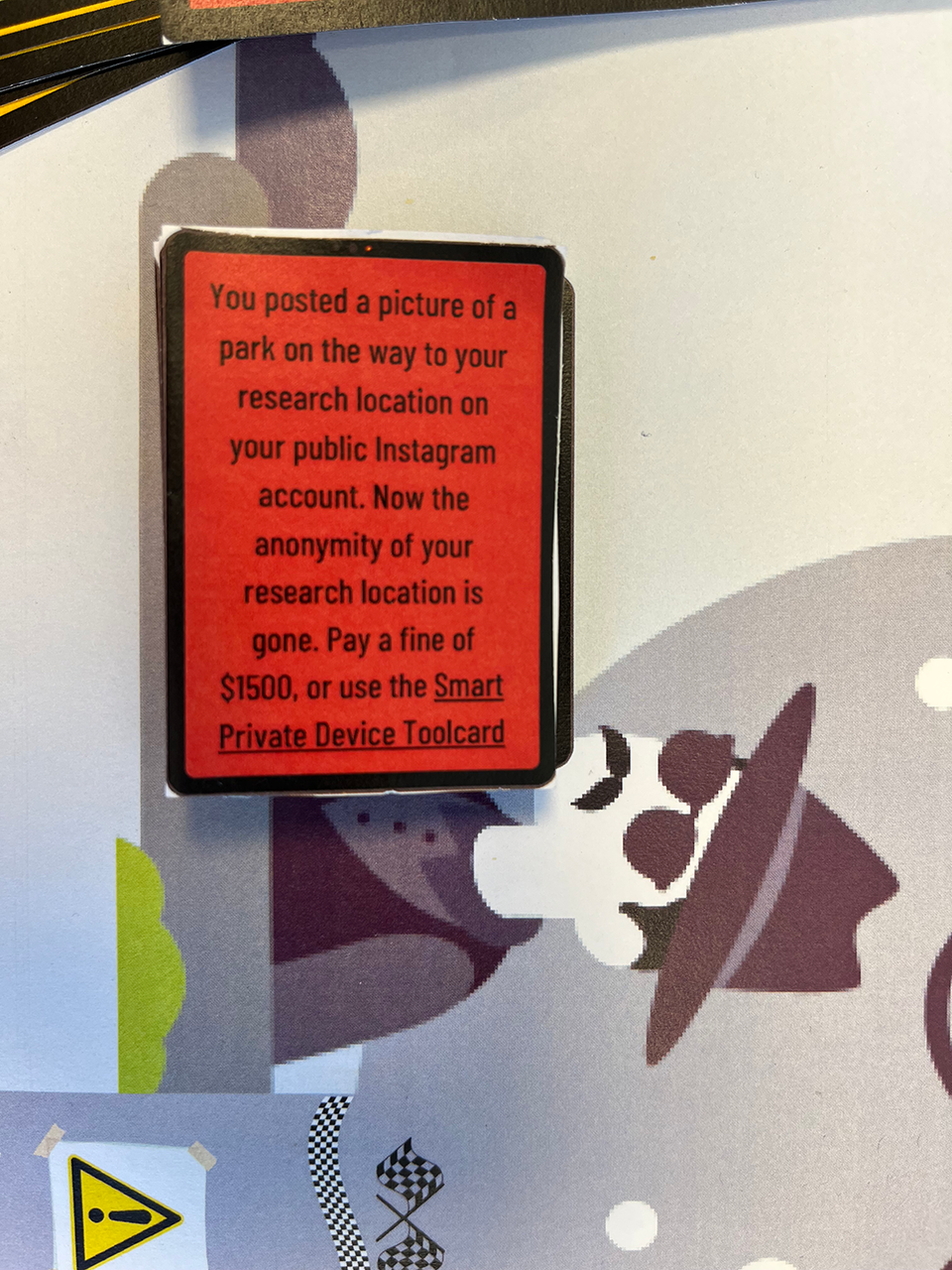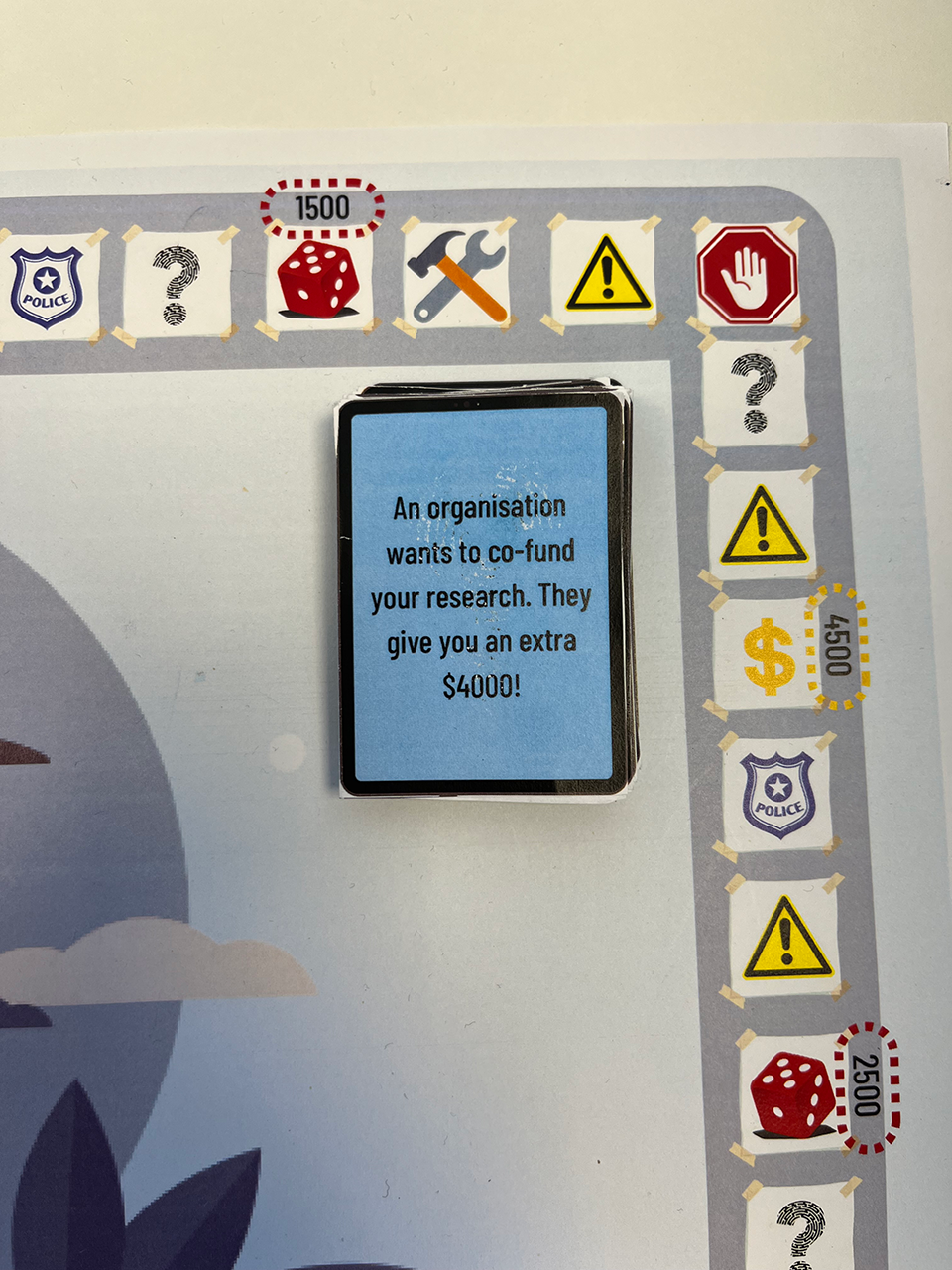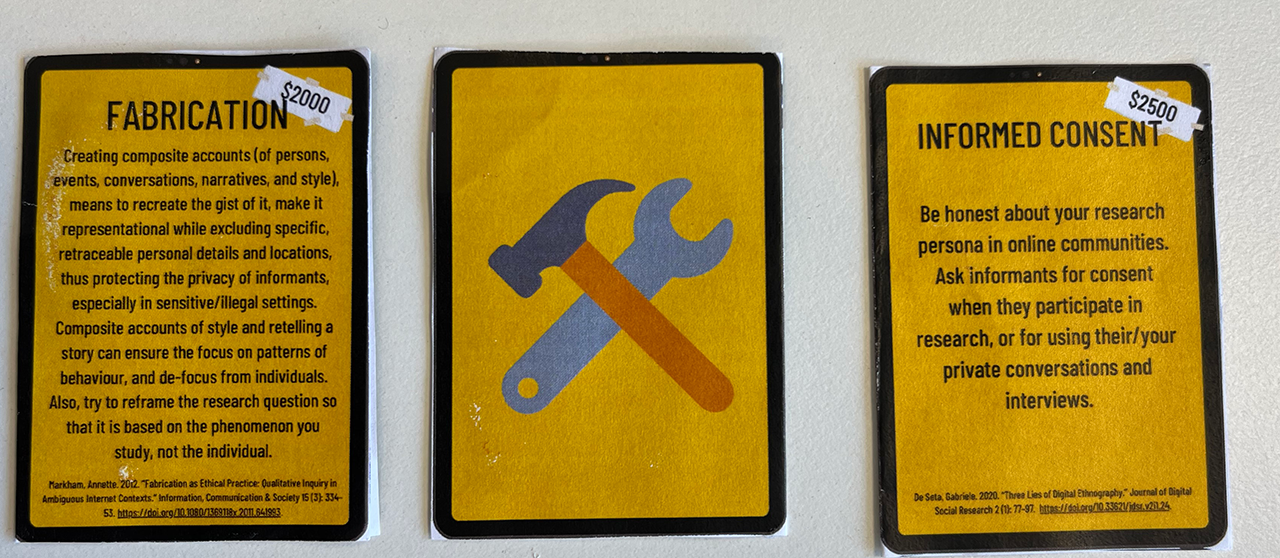
Exploring creative approaches: sharing scientific results beyond academic writing
Scientific results don’t have to be presented only in essays and academic writings. But how can you share research results with a broader public and get them back to society in a comprehensive way? Cultural Anthropology students in Leiden get trained to be creative and use other methods for sharing their knowledge by creating games, paintings, movies, zines and many other forms during the first-year courses Mediating Anthropology and Ethics in Contemporary Ethnographic Research.
Speculative exploration of museum-object relationships
The first-year Mediating Anthropology course, led by Mark Westmoreland and Benjamin Fogarty-Valenzuela, asks students to collaborate on a project that involved designing an “object lesson” on the future of the Volkenkunde Museum and its collection of objects. The project spanned four generations: the students' own, their children's, their grandchildren's, and their great-grandchildren's. Using a speculative methodology, the students aimed to explore the museum-object relationship, considering both material and conceptual connections. The goal was to create compelling forms of mediated anthropological output from their research.
Unleashing Imagination
The resulting 27 object lessons engaged with the mode of a graphic essay, which combines text and image to present a persuasive argument or narrative and encourage critical thinking. While the graphic essay can take various forms, such as maps, zines, or comics, the constraint for this project is to imagine the output within the space of a single A3 sheet. The project allows the students to explore their imaginations for the future of ethnographic museums and provided an interesting glimpse into the way this generation envisions its own future.
Creating public-facing resources on 'Hacking Ethnography'
In the the first-year course Ethics in Contemporary Ethnographic Research, led by John Boy, students were tasked with a project aimed at contributing to a collection of public-facing resources centered around the theme of 'Hacking Ethnography.' The assignment required students to collaborate in groups and create either a zine or a film as a means to explore and address the challenges of ethical guidelines in the field of ethnographic research. The evolving landscape of our digital society, where researchers heavily rely on digital tools, highlights the significant risks involved, which can potentially lead to larger issues.
Fostering ethical awareness
The idea behind this assignment is twofold: firstly, there is a clear lack of accessible resources available to qualitative researchers in navigating the complexities of conducting fieldwork in our data-rich world, necessitating the creation of such resources. Secondly, as a community, we must establish ethical standards collectively, and group projects like this provide an opportunity to collaboratively define and refine these standards. By creating their own publicly accessible resource, students were encouraged to offer valuable insights and practical guidance to fellow students, as well as junior and senior ethnographers, regarding participant protection, data security, and overall research ethics.

